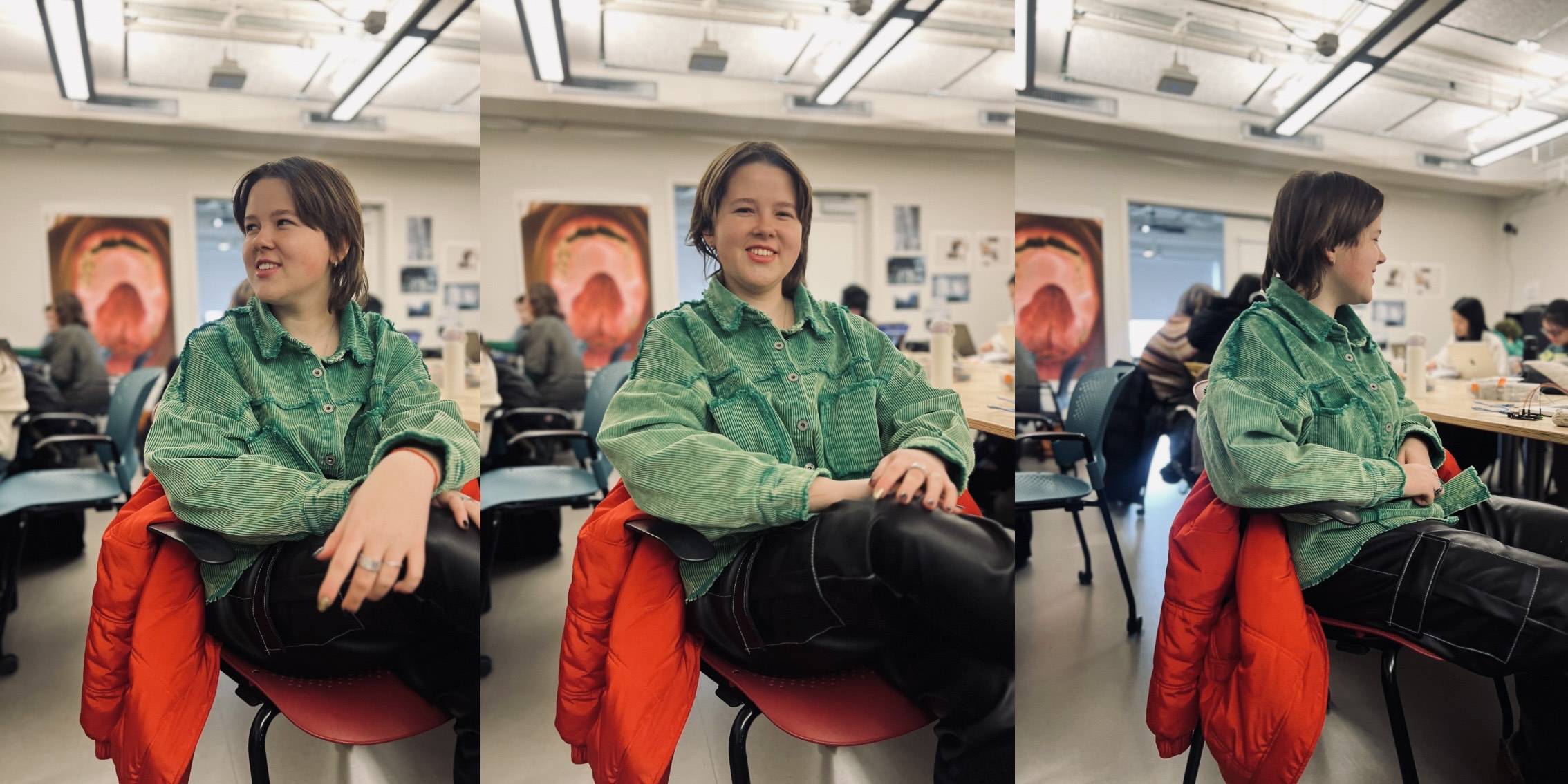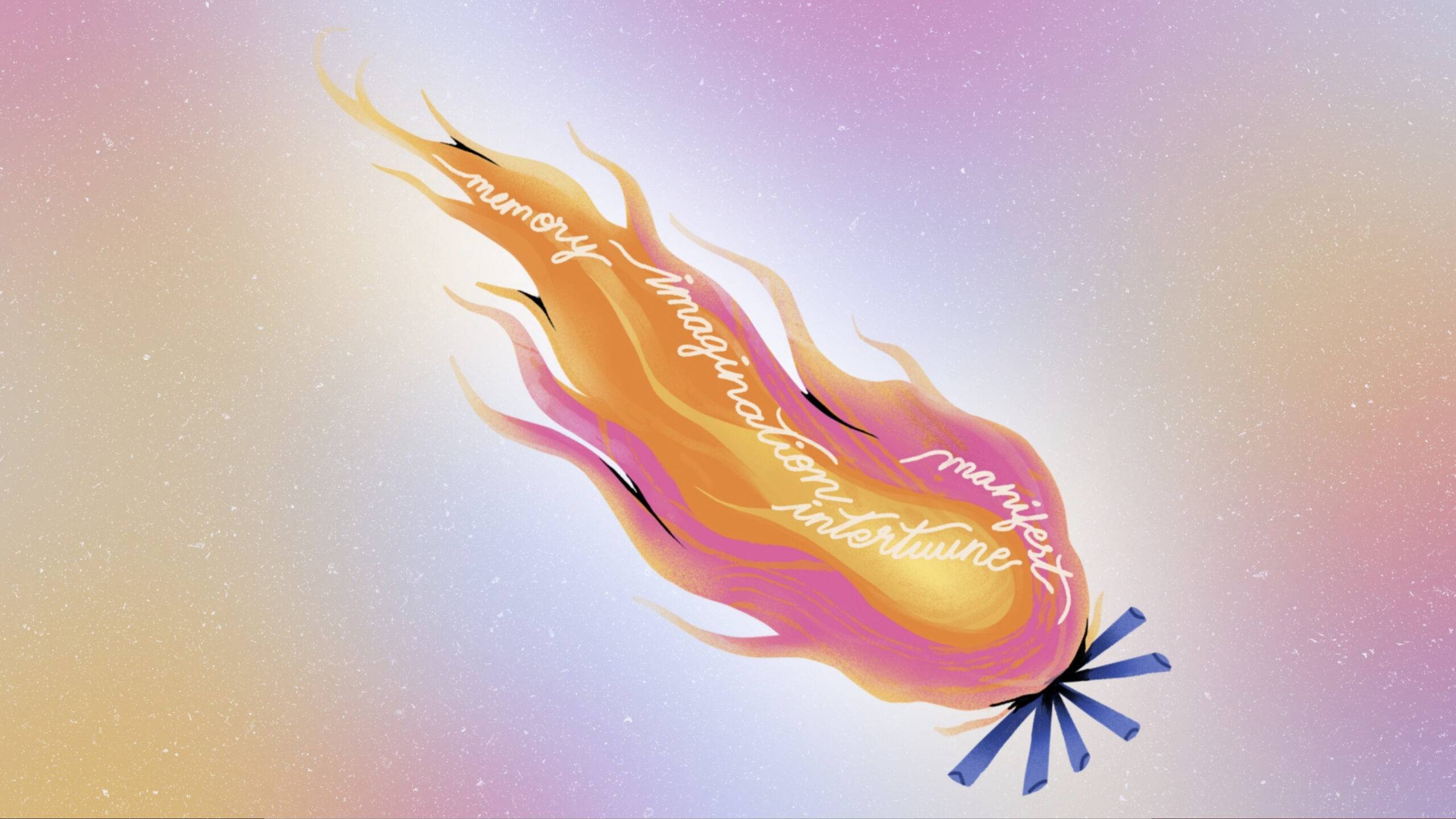SAIC student group, Student Environmental Action (SEA) has started a composting pilot project to address the issue of food waste collection on campus. The project kicked off during the first week of March, with food scrap bins next to the trash and recycling bins in the Columbus Cafe. Hired student workers are responsible for collecting and maintaining the bins.
“Collective Resources, Inc., one of the few commercial food scrap pick-up companies currently operating in Chicago, will then pick up the waste from SAIC and transport it to NIU-Earth Organics or the Waste Management Site at 122nd and Stony Island where it will be composted into soil,” Megan Isaacs, a senior and member of SEA explained.
In the fall of 2012, SEA contacted the Instructional Resources and Facilities Management (IRFM) department to discuss how a food scrap collection system could function on campus. “SEA members met with Rachel Krcmarich [from IRFM] through our Knowledge Lab class, to discuss how a pilot project would work,” Isaacs said. The composting bins are currently only available in the Columbus Cafe because it is still a pilot project. SEA’s goal is to spread this service to the other cafes and cafeterias throughout campus and is working to achieve this by gaining positive community feedback and support.
The IRFM department has developed a contract with Collective Resources, Inc., and is providing financial support for the project. SEA is promoting the project by monitoring the bins, passing out informational zines, and spreading word about the project. “Food scraps, food-soiled paper, wood [like chopsticks], and any corn-based products like the biodegradable forks, spoons and knives can be composted,” Isaacs said. Isaacs also identified a key difference between commercial composting and home composting. “One benefit of large scale commercial composting animal bones and leftover meat and dairy products, which require hotter and larger composting conditions to break down, can be included,” she said.
SEA is looking for more supporters and volunteers to help get the program off the ground and to encourage students and faculty at SAIC to become more active with environmental issues. They are also planning on hosting a composting workshop later this semester, possibly in the sculpture department’s courtyard that is currently used for organic outdoor garden featuring sustainable food processes. “Using the courtyard as a space for composting workshops will be ideal for teaching people about how they can do it on a smaller scale in their own homes.”
According to the Environmental Protection Agency, food leftovers are the single largest component of the waste stream by weight, and some 35 million tons of food waste are generated annually in the United States. The Food Recovery Network, a national non-profit with a goal of bringing food recovery programs to every college campus across the country, shows that 22 million pounds of food are being wasted every year on college campuses and that 75% of schools did not have food recovery programs in place. “Waste is a huge issue in American society and diverting one’s food scraps not only diverts the amount of SAIC’s waste going to landfills, but also contributes to rejuvenating Chicago’s topsoil and thus it’s ability to grow more healthy food,” Isaacs said. “Every little bit is worth it.”




















